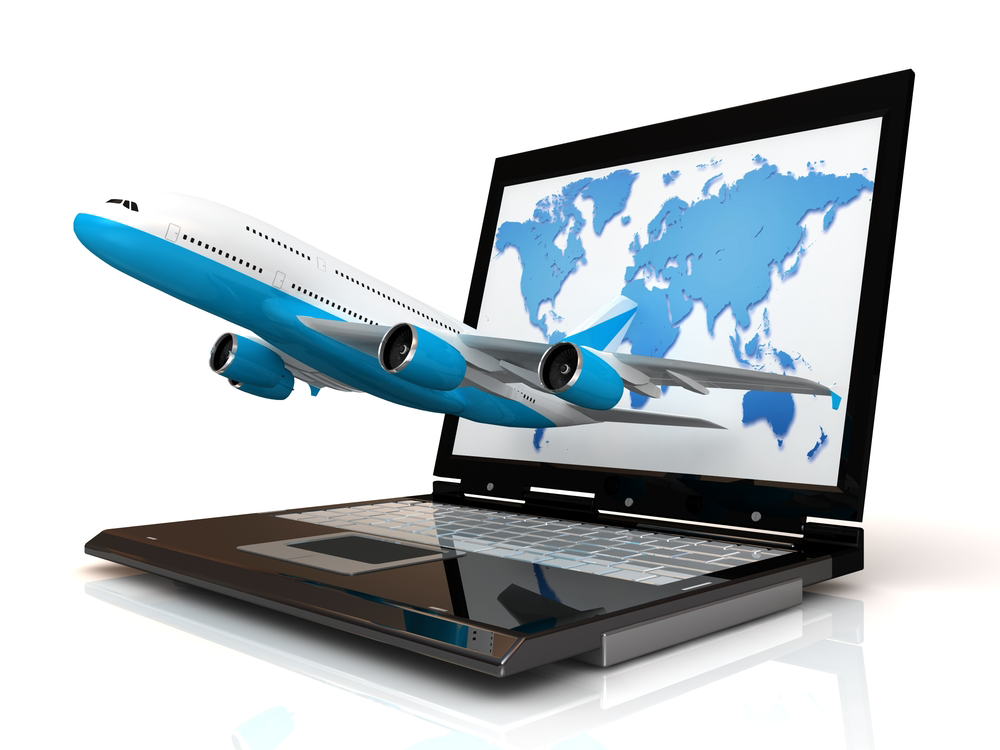Though there are a number of travel trends that will make waves in 2015 and beyond, if there’s one trend those in the hospitality industry should pay attention to, it’s travelers’ desire for more access to technology. In fact, some analysts have deemed technology the “most disruptive force in the travel industry today.” According to Hospitality Technology Magazine, hospitality sector spending on technology is projected to increase to approximately $8 billion dollars in 2015.
Why such demand for technology? The answer’s not surprising. Today’s travelers, particularly millennials, are looking for opportunities to experience technology while on vacation in the same way they experience technology at home. Connectivity is of particular importance to the millennial generation, a generation of digital natives that comprises a growing segment of travelers. Posting to Twitter, uploading photos to the cloud, publishing “braggies” on Instagram; each of these actions define our lives while at home, and naturally become even more desirable when collecting new experiences while on vacation. In fact, Resonance Consultancy finds that the connectivity internet access provides is the most important travel factor for both leisure and business travelers. 57% of millennials post a comment or update on Facebook or Twitter hourly or daily while traveling, and this doesn’t account for all of the millennial travelers that would be posting if not for the fact that they were at a hotel or resort lacking internet access.

Many top travel hotels and resorts already see Wi-Fi access as the most important feature to make available to guests, even though securing reliable Wi-Fi has challenged many resorts in remote locations. Hotels and resorts in the Caribbean, including premier Dominican Republic resorts, have been leading the charge on this Wi-Fi access effort by striving to provide Wi-Fi that extends the entirety of resort premises.
Additionally, according to Skift.com the rise of technology reflects a shift in guest mentality: rather than excessive luxury, guests are prioritizing the ability to leverage new on-site technology or the technology they carry with them. Improving technology in the hospitality industry is in some ways a form of luxury in itself; better technologies provide guests added convenience (which is what technology is really all about). According to sources like CNN and experts from ResortRescue, we can expect that things like booking, check-in, and room access will become increasingly available on guests’ personal smartphones, making these routine actions more streamlined. Some mobile check-in apps also now allow guests to “check-in” shortly before they arrive to give guest services time prepare necessary accommodations.
A growing number of hotels and resorts are also partnering with instant messaging booking services; travelers can sign on to a mobile instant booking app like WeChat to book and/or check in at a destination. The service already has 440 million active users according to CNN, a clear indication that travelers are embracing technologies that contribute meaningful convenience to their lives. Additionally, some hotels and resorts are beginning to offer hand-held devices guests can use in their rooms to digitally control features like room temperature and lighting for an even more convenient experience. These comprise just some of the many technological innovations predicted to significantly shape the travel industry in the coming years.
The final takeaway: technology matters more than ever. If hotels and resorts hope to attract more millennials in the coming years, they’ll need to heighten efforts to not only provide an amenable stay, but a stay that allows guests to leverage advanced technologies in a seamless and intuitive manner.



